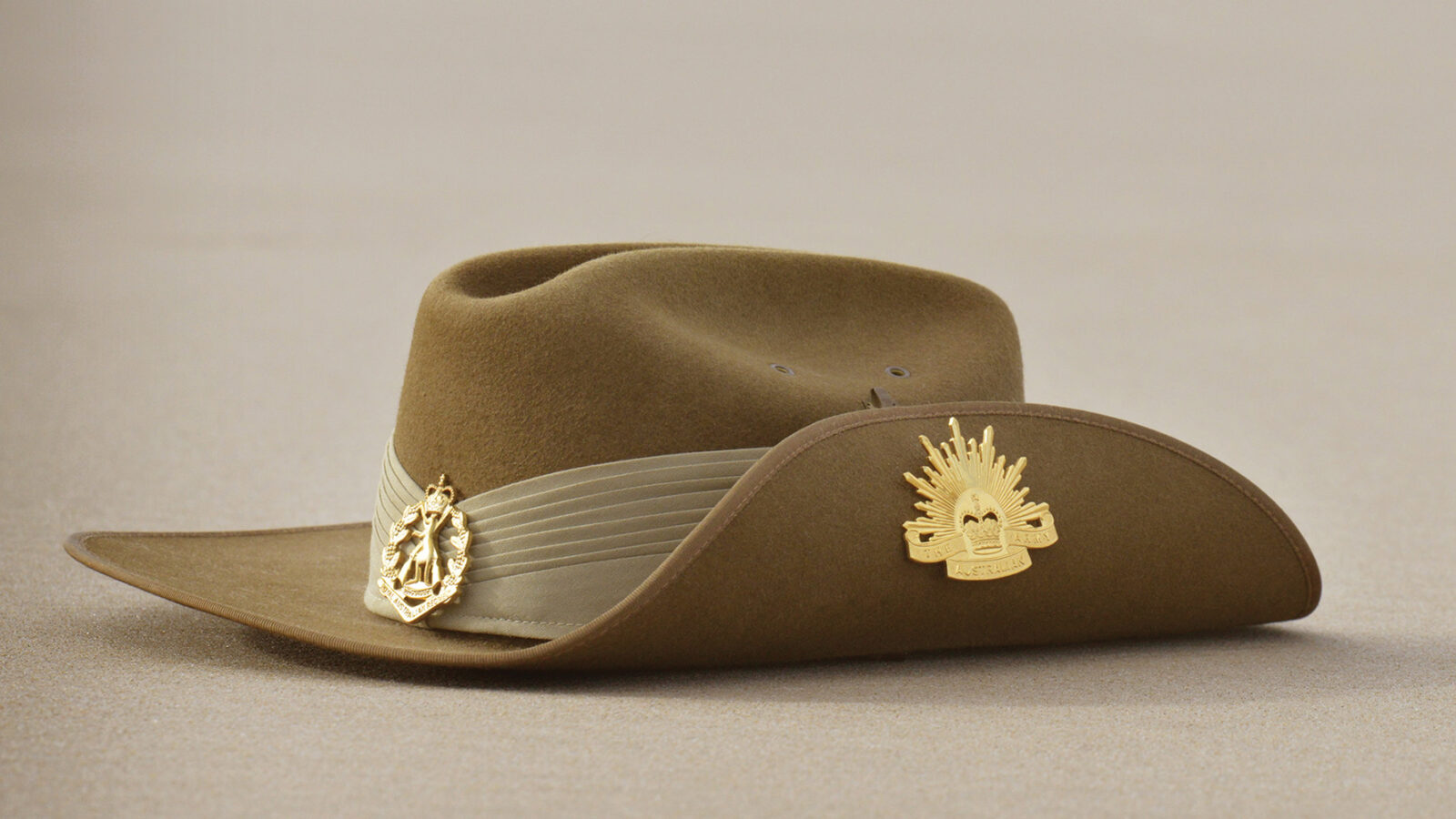The Seventh-day Adventist response to World War One differed from most churches in Australia and preserved church and state loyalty, research by an Avondale University professor shows.
How the Church “tiptoed” between the opposing demands of faithfulness to a theology of church–state separation and loyalty to a government with which it negotiated favourable policies, is the focus of an academic article published by Anzac expert Daniel Reynaud.
Apart from opposition to compulsory military training and support for the temperance movement’s attempted liquor restrictions, the Church showed little interest in state affairs. It preached obedience to state except when that impinged upon individual conscience, particularly Sunday worship and conscription to combat roles requiring the taking of human life.
So, rather than giving enthusiastic, parochial support to the war, like the larger denominations, the Church condemned it as “an evil to be avoided” because it would distract from “the real task at hand”—evangelistic mission. The Church also denied any link between Christianity and statehood and published anti-war articles even after an act passed giving the government draconian powers, especially in censorship. It is a mark of how important the Church’s stand was, writes Reynaud, and “a mark of how insignificant its publications were that they never attracted the ire of the federal authorities”.
Determined to demonstrate it did not hate anyone, and with a disproportionate number of Germans as members, even leaders, the Church made “a show of its ethnic embrace”, publishing “daring” statements against demonisation, continuing pre-war evangelistic meetings in the Barossa, beginning German-language classes at what is now Avondale University to support the campaign, and organising the German Seventh-day Adventist Church of Greenock, South Australia.
But the boldness did not last and the Church had to compromise, choosing, for example, to stop distributing anti-compulsory military service literature. It also stopped publishing pro-German stories and deleted references to Germans from accounts of its work in South Australia. And the Greenock congregation “judiciously” changed its name to Nuriootpa Seventh-day Adventist Church. At Avondale, the brass band played at fundraising concerts for the war and at Morisset Station to farewell recruits. The Church’s attitude: “not so much ‘conscientious objection’ but ‘conscientious cooperation’, a preparedness to do anything required by the civil authorities that did not conflict with its obligations to God.”
Fortunately, the Church negotiated with defence minister Senator George Pearce, who acted as prime minister in 1916 while ultra-nationalist Billy Hughes visited France. Pearce’s Congregationalist upbringing and “a principled approach to politics” pre-disposed him to understand the Church’s concerns, and he responded “with a generosity of spirit that allowed for an effective co-existence“.
Reynaud writes about how the Church’s wartime experiences demonstrate the latitude available for conscientious objections and the independence possible for diplomatically restrained but determined anti-war convictions. Yes, Adventists comprised a small proportion of the population but clusters in several states made their neutrality “vulnerable to the kind of hysteria that affected other groups perceived as disloyal”. Instead, a “clearly-enunciated theology of war” and a “fortuitously low national profile” enabled them to avoid the “pitfall of jingoistic religion and maintain a larger sense of mission”. The Church could have used its lack of size and influence as “an excuse not to take a principled stand”, says Reynaud. “Instead, it stuck to its guns, so to speak, and got a positive result.”
Reynaud concludes if the government could work cooperatively with a small church of un-Australian character—that denounced alcohol, meat, tobacco and gambling, among other social norms, and observed Saturday as Sabbath, which prevented participation in many sports—then larger churches could have negotiated “the pursuit of their mission without tainting it with an enthusiasm for bloodshed”.
But he is “distressed” Adventists have abandoned the Church’s historic and “wise” position on war. “We’re now more military-minded, even in Australia, and more likely to endorse the use of force to achieve political outcomes. We have much to learn from our pioneers.”
Reynaud’s article, “Australian Seventh-day Adventism and World War One: A Different Path”, is published by the Journal of Religious History. He has also written an article about the Adventist Church in the South Pacific and World War One for the Encyclopedia of Seventh-day Adventists.






